
Discover the Charm of West End Historic District in Winston-Salem
Explore the West End Historic District in Winston-Salem: A captivating blend of history, stunning architecture, and southern charm in the heart of North Carolina.
Nestled in the heart of Winston-Salem, North Carolina, the West End Historic District is a captivating blend of history, architecture, and southern charm. This picturesque neighborhood is a treasure trove of beautifully preserved homes dating back to the late 19th and early 20th centuries, offering a glimpse into the past while maintaining a vibrant, modern atmosphere. As you wander through tree-lined streets, you'll encounter a mix of architectural styles, including Queen Anne, Colonial Revival, and Craftsman, each telling its own unique story. The West End Historic District is not just about its stunning architecture; it's also a hub for culture and community. The neighborhood is home to several parks, providing perfect spots for a leisurely picnic or a quiet stroll. Grace Court Park, with its lush greenery and charming gazebo, is a favorite among locals and visitors alike. The district also boasts a variety of local shops, cafes, and restaurants, where you can savor everything from gourmet coffee to delectable southern cuisine. For history enthusiasts, the West End Historic District offers numerous landmarks and historical sites to explore. The R.J. Reynolds Memorial Auditorium and the Hanes Park are just a few of the notable places that reflect the rich heritage of Winston-Salem. Whether you're an architecture aficionado, a history buff, or simply looking to experience the warmth and hospitality of the South, the West End Historic District promises an unforgettable visit.
Local tips in West End Historic District
- Wear comfortable shoes for walking; the neighborhood is best explored on foot.
- Visit Grace Court Park for a peaceful escape and beautiful photo opportunities.
- Stop by local cafes for a taste of southern hospitality and delicious treats.
- Check the local calendar for events; the neighborhood often hosts cultural and community activities.
- Take a guided tour to learn more about the history and architecture of the area.
Discover the Charm of West End Historic District in Winston-Salem
Nestled in the heart of Winston-Salem, North Carolina, the West End Historic District is a captivating blend of history, architecture, and southern charm. This picturesque neighborhood is a treasure trove of beautifully preserved homes dating back to the late 19th and early 20th centuries, offering a glimpse into the past while maintaining a vibrant, modern atmosphere. As you wander through tree-lined streets, you'll encounter a mix of architectural styles, including Queen Anne, Colonial Revival, and Craftsman, each telling its own unique story. The West End Historic District is not just about its stunning architecture; it's also a hub for culture and community. The neighborhood is home to several parks, providing perfect spots for a leisurely picnic or a quiet stroll. Grace Court Park, with its lush greenery and charming gazebo, is a favorite among locals and visitors alike. The district also boasts a variety of local shops, cafes, and restaurants, where you can savor everything from gourmet coffee to delectable southern cuisine. For history enthusiasts, the West End Historic District offers numerous landmarks and historical sites to explore. The R.J. Reynolds Memorial Auditorium and the Hanes Park are just a few of the notable places that reflect the rich heritage of Winston-Salem. Whether you're an architecture aficionado, a history buff, or simply looking to experience the warmth and hospitality of the South, the West End Historic District promises an unforgettable visit.
Iconic landmarks you can’t miss
Carolina History & Haunts Winston-Salem Ghost Tour
Experience the eerie allure of Winston-Salem's haunted history with the Carolina History & Haunts Ghost Tour, where tales of the supernatural come alive.
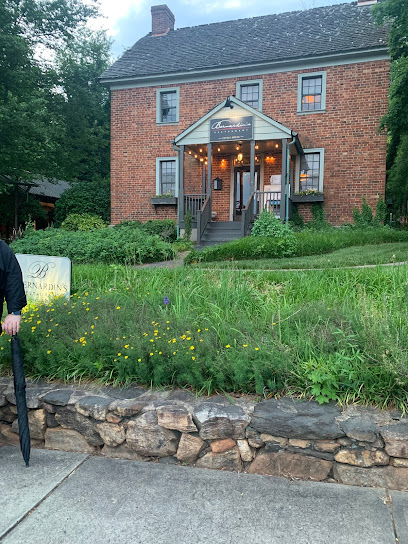
Washington Park Historic District
Explore the rich heritage and stunning architecture of Washington Park Historic District in Winston-Salem, a true Southern treasure.
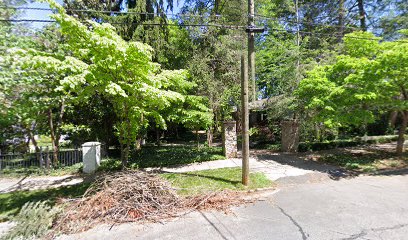
West End Mill Works
Experience Winston-Salem's West End Mill Works: a dynamic venue for craft beer, culinary delights, and creative exploration.
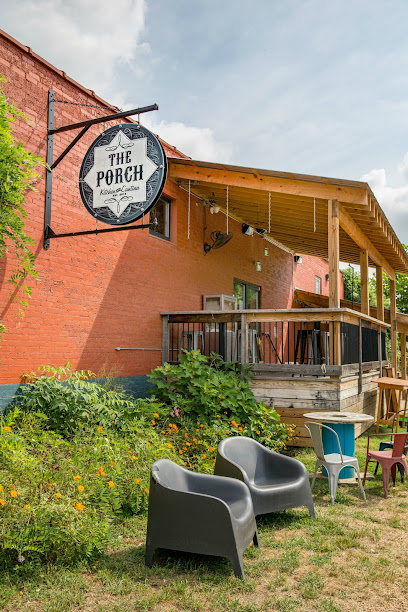
GFWC-NC Historical Marker
Explore the GFWC-NC Historical Marker and uncover the rich heritage of women's contributions in Winston-Salem, North Carolina.
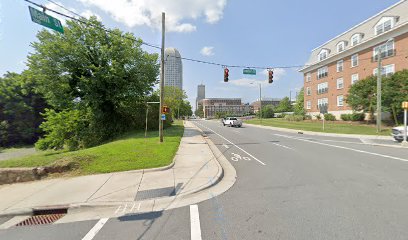
North Cherry Street Historic District
Explore the rich history and charming architecture of the North Cherry Street Historic District in Winston-Salem, NC, a must-visit for history enthusiasts.
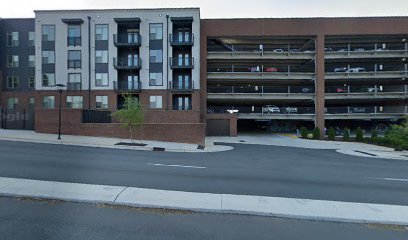
Unmissable attractions to see
Historic Bethabara Park
Discover the rich history and natural beauty of Historic Bethabara Park in Winston-Salem, NC, a perfect blend of culture and tranquility.
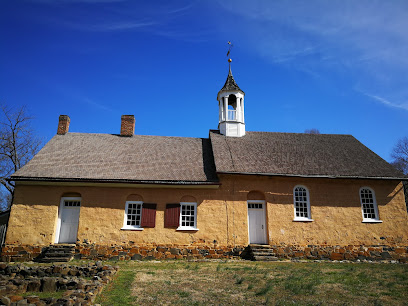
Old Salem Museums & Gardens
Explore the enchanting Old Salem Museums & Gardens, where rich Moravian history and cultural heritage come alive in North Carolina's picturesque landscape.
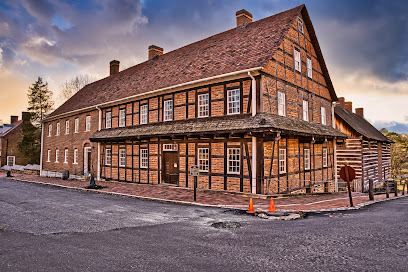
Old Salem Museum & Gardens
Discover the enchanting world of Moravian history at Old Salem Museum & Gardens, a living history museum showcasing 18th-century life in North Carolina.
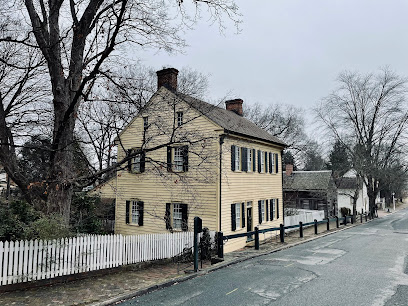
Downtown North Historic District (Winston-Salem, North Carolina)
Discover the charm and history of Downtown North Historic District in Winston-Salem, NC, where heritage and modern culture meet.
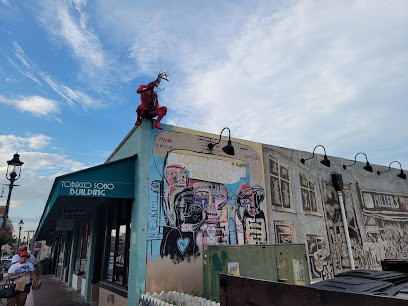
Washington Park Historic District
Explore the historic Washington Park District in Winston-Salem, where stunning architecture meets rich cultural heritage in a serene environment.
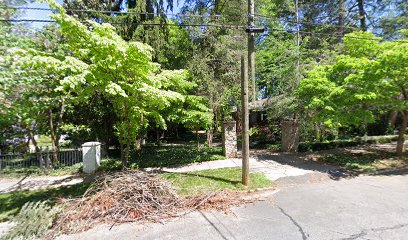
Essential places to dine
Sweet Potatoes
Experience authentic Southern flavors at Sweet Potatoes in Winston-Salem – where comfort food meets culinary excellence.
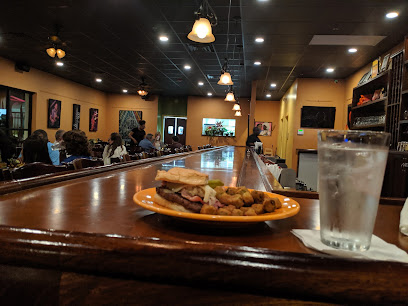
The Old Fourth Street Filling Station
Discover modern American cuisine at The Old Fourth Street Filling Station - where local flavors meet creative culinary artistry in Winston-Salem.
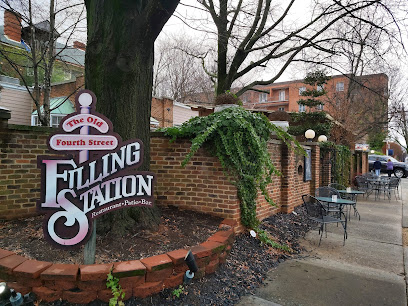
Mozelle's
Indulge in exquisite American cuisine at Mozelle's - where Southern charm meets culinary excellence in Winston-Salem.
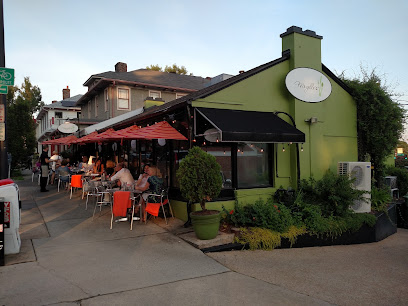
6th & Vine Restaurant and Wine Bar
Experience exquisite American cuisine and exceptional wines at 6th & Vine Restaurant and Wine Bar in Winston-Salem.
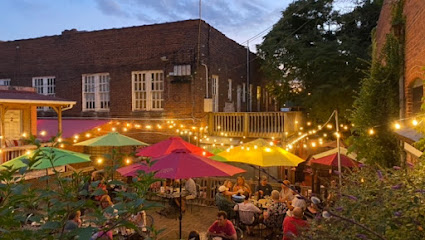
West End Cafe
Discover West End Cafe: Your go-to spot for delightful American cuisine and warm Southern hospitality in Winston-Salem.
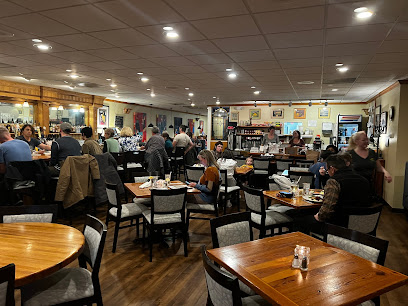
That Place in the West End
Experience the essence of American cuisine at That Place in the West End – where delicious food meets warm hospitality.
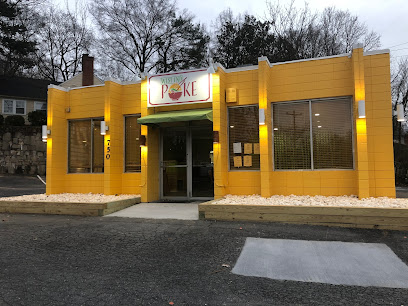
Young Cardinal Cafe and Co.
Discover Young Cardinal Cafe and Co., where fresh local ingredients meet Southern comfort in Downtown Winston-Salem.
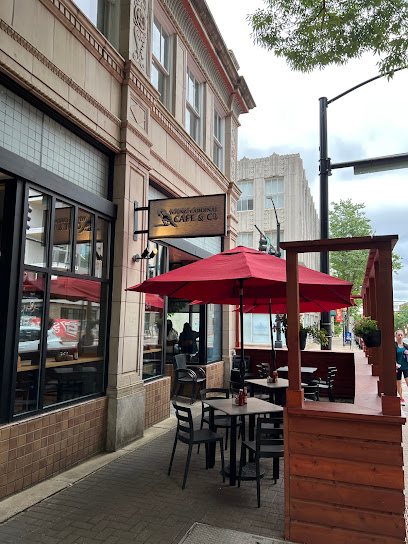
Bernardin’s Restaurant @ zevely House
Experience culinary artistry at Bernardin's Restaurant in Winston-Salem – where New American cuisine meets historic charm.
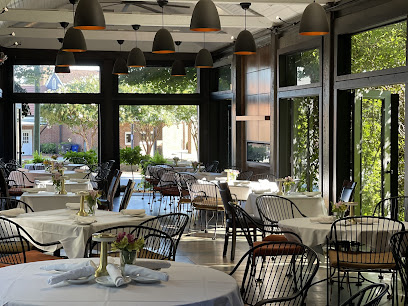
Spring House Restaurant, Kitchen & Bar
Experience exquisite American cuisine and vibrant cocktails at Spring House Restaurant in Downtown Winston-Salem.
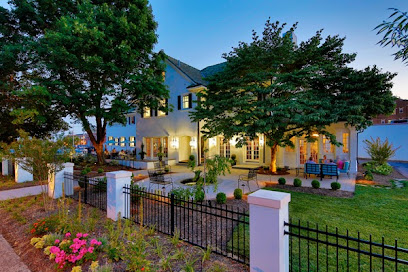
Sir Winston Wine Loft & Restaurant
Discover exquisite American cuisine and fine wines at Sir Winston Wine Loft & Restaurant in Downtown Winston-Salem.
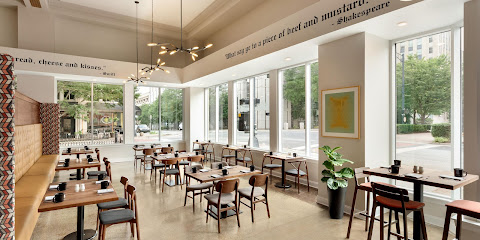
Markets, malls and hidden boutiques
Mast General Store Winston-Salem
Explore Mast General Store in Winston-Salem for a unique blend of outdoor gear, clothing, and delicious local treats in a charming atmosphere.
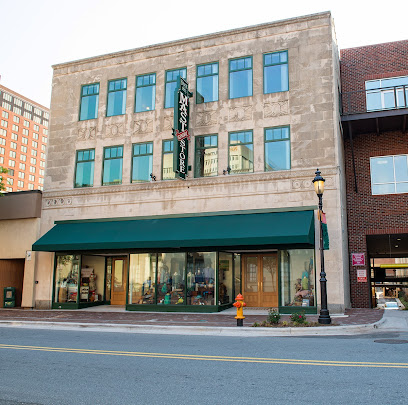
Body & Soul
Explore Body & Soul Gift Shop in Winston-Salem for unique souvenirs and local treasures that capture the spirit of North Carolina.
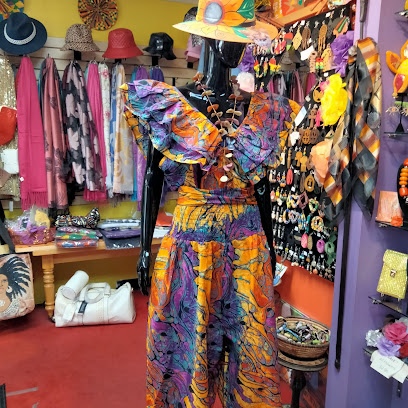
Design Archives Vintage and Handmade Emporium
Discover unique vintage clothing and handmade treasures at Design Archives Vintage and Handmade Emporium in Winston-Salem, a shopper's paradise.
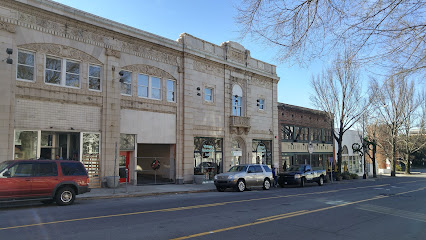
Fiddle & Fig
Discover unique home goods and local artisan treasures at Fiddle & Fig in Winston-Salem, NC - a must-visit for decor enthusiasts and gift seekers.
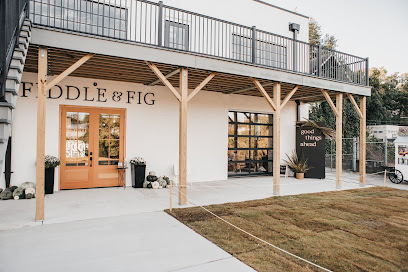
Jewellery Unique Gifts & Accessories
Explore a delightful boutique in Downtown Winston-Salem offering unique gifts, fashion accessories, and a taste of local craftsmanship.
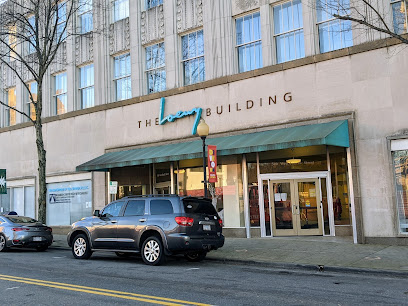
The Boho Depot
Explore The Boho Depot in Winston-Salem for unique gifts, handcrafted treasures, and a vibrant shopping experience that reflects local culture.
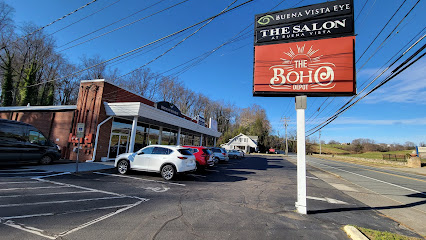
Major Tomms Oddities & Vintage
Explore a treasure trove of antiques, vintage clothing, and quirky novelties at Major Tomms Oddities & Vintage in Downtown Winston-Salem.
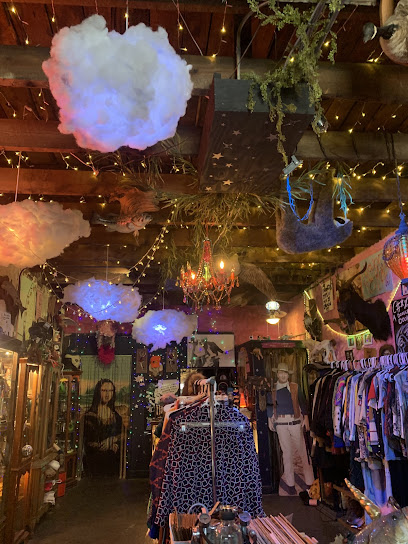
Just Be
Discover unique gifts and local treasures at Just Be, a must-visit gift shop in the heart of Winston-Salem.
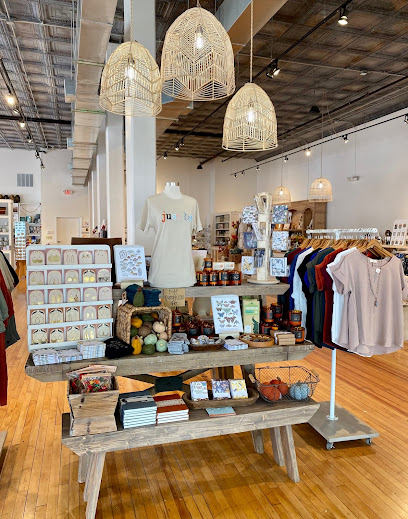
All Through the House
Explore All Through the House, a charming gift shop in Winston-Salem, NC, and discover handmade treasures and local artistry for every occasion.
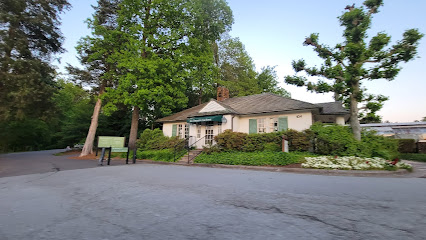
La Tisserande
Explore La Tisserande, a charming gift shop in Winston-Salem offering unique artisan treasures and delightful souvenirs that capture the essence of North Carolina.
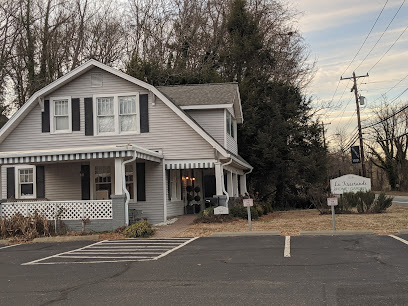
Essential bars & hidden hideouts
The Old Fourth Street Filling Station
Discover the culinary delight of The Old Fourth Street Filling Station, a New American restaurant in Winston-Salem, NC, offering seasonal dishes and innovative flavors.
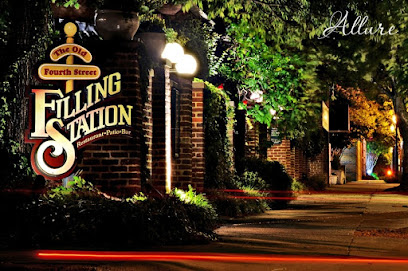
West End Cafe
Experience the flavors of Winston-Salem at West End Cafe, a local favorite known for its inviting atmosphere and delicious, diverse menu.
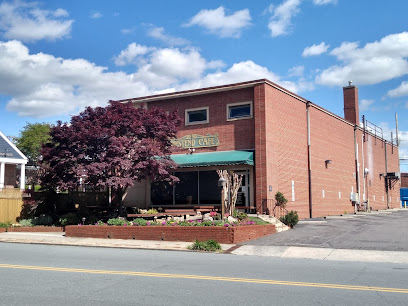
Vintage sofa bar
Discover the cozy charm of Vintage Sofa Bar in Winston-Salem, where unique cocktails and a vibrant atmosphere await every visitor.
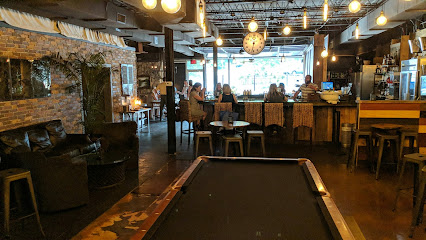
Joymongers Barrel Hall
Discover Joymongers Barrel Hall: A premier brewery in Winston-Salem, offering craft beers, delicious bites, and live music for an unforgettable experience.
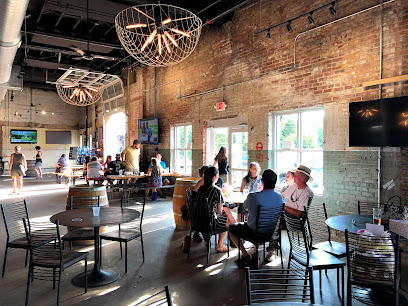
West End Opera House
Discover the lively West End Opera House, a bar in Winston-Salem offering darts, pool, and a welcoming atmosphere for unforgettable nights.
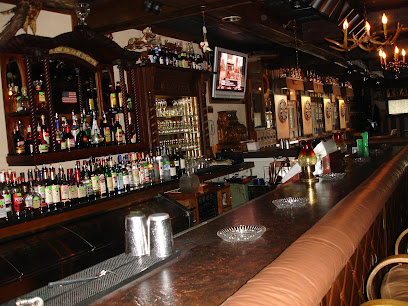
West Salem Public House
Experience the cozy ambiance and delicious offerings at West Salem Public House, your go-to spot in Winston-Salem for dining and relaxation.
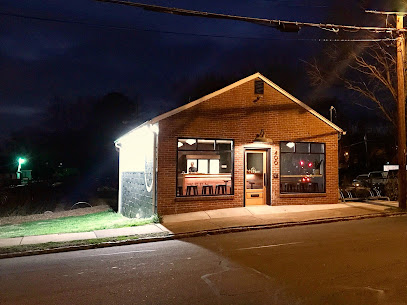
the tap
Experience the vibrant atmosphere and extensive craft beer selection at The Tap, a must-visit pub in Winston-Salem, North Carolina.
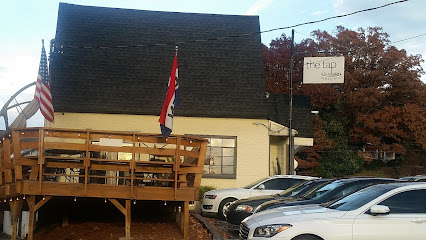
West End Mill Works
Explore West End Mill Works in Winston-Salem, NC, where craft beer, delicious food, and creative workshops come together for an unforgettable experience.
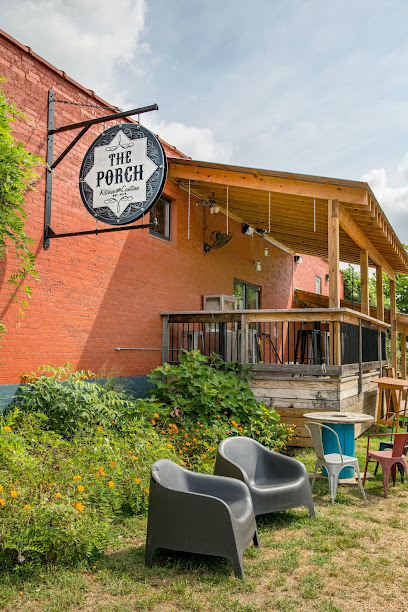
Local Phrases
-
- HelloHey
[Hey] - GoodbyeSee ya
[See ya] - YesYup
[Yup] - NoNah
[Nah] - Please/You're welcomeSure thing
[Sure thing] - Thank youThanks
[Thanks] - Excuse me/SorryPardon me
[Pardon me] - How are you?How y'all doin'?
[How y'all doin'] - Fine. And you?Just fine. How 'bout you?
[Just fine. How 'bout you?] - Do you speak English?Y'all speak English?
[Y'all speak English?] - I don't understandI ain't gettin' it
[I ain't gettin' it]
- HelloHey
-
- I'd like to see the menu, pleaseCan I see the menu, please
[Can I see the menu, please] - I don't eat meatI don't do meat
[I don't do meat] - Cheers!Salute!
[Salute!] - I would like to pay, pleaseI need to settle up, please
[I need to settle up, please]
- I'd like to see the menu, pleaseCan I see the menu, please
-
- Help!I need help!
[I need help!] - Go away!Get lost!
[Get lost!] - Call the Police!Get the cops!
[Get the cops!] - Call a doctor!Get a doc!
[Get a doc!] - I'm lostI'm turned around
[I'm turned around] - I'm illI'm feelin' poorly
[I'm feelin' poorly]
- Help!I need help!
-
- I'd like to buy...I wanna get...
[I wanna get...] - I'm just lookingI'm just browsin'
[I'm just browsin'] - How much is it?What's the damage?
[What's the damage?] - That's too expensiveThat's steep
[That's steep] - Can you lower the price?Can ya do better on the price?
[Can ya do better on the price?]
- I'd like to buy...I wanna get...
-
- What time is it?What's the time?
[What's the time?] - It's one o'clockIt's one
[It's one] - Half past (10)Ten-thirty
[Ten-thirty] - MorningMornin'
[Mornin'] - AfternoonAfternoon
[Afternoon] - EveningEvenin'
[Evenin'] - YesterdayYest'day
[Yest'day] - TodayToday
[Today] - TomorrowTomorrah
[Tomorrah] - 1One
[One] - 2Two
[Two] - 3Three
[Three] - 4Four
[Four] - 5Five
[Five] - 6Six
[Six] - 7Seven
[Seven] - 8Eight
[Eight] - 9Nine
[Nine] - 10Ten
[Ten]
- What time is it?What's the time?
-
- Where's a/the...?Where's the...?
[Where's the...?] - What's the address?What's the addy?
[What's the addy?] - Can you show me (on the map)?Can ya point it out (on the map)?
[Can ya point it out (on the map)?] - When's the next (bus)?When's the next (bus)?
[When's the next (bus)?] - A ticket (to ....)A ticket (to ....)
[A ticket (to ....)]
- Where's a/the...?Where's the...?
History of West End Historic District
-
The West End Historic District, one of Winston-Salem's most charming neighborhoods, was established in the late 19th century as a response to the burgeoning growth of the city. Originally developed as a residential area for the city’s middle and upper classes, the West End became a prestigious address, with many homes built in popular architectural styles of the time, including Victorian, Colonial Revival, and Arts and Crafts. The neighborhood's development coincided with the rise of the tobacco and textile industries in Winston-Salem, which attracted a wave of new residents seeking opportunities and an upscale living environment.
-
The architecture of the West End Historic District reflects a rich tapestry of styles and influences. Many structures were constructed between 1890 and 1930, showcasing the craftsmanship of local builders. Notable buildings include the 1913 residence of the prominent local businessman R.J. Reynolds, which epitomizes the grandeur of the era. The district is recognized for its well-preserved homes and tree-lined streets, which contribute to its designation on the National Register of Historic Places in 1980, highlighting the importance of architectural conservation in the neighborhood.
-
Throughout the 20th century, the West End evolved into a vibrant cultural hub, fostering a sense of community among its residents. The neighborhood became known for its active neighborhood associations and community events, which aimed to preserve its historic character while promoting civic engagement. The annual West End Arts Festival showcases local artists and musicians, reflecting the area's commitment to arts and culture. The district's proximity to downtown Winston-Salem has also facilitated its transformation into a desirable locale for restaurants, galleries, and shops, merging historical charm with contemporary life.
-
In the mid-20th century, urban renewal initiatives in Winston-Salem posed challenges to the West End Historic District, as the city sought to modernize and expand. However, the West End's strong community ties and advocacy efforts helped preserve much of its historical integrity. Residents mobilized to protect their neighborhood from demolition and inappropriate development, paving the way for the revitalization that began in the late 20th century. This grassroots activism played a pivotal role in ensuring the district's survival and enhancement, leading to increased appreciation for its historical significance.
-
In recent decades, the West End Historic District has experienced a renaissance, marked by a renewed interest in historic preservation and urban living. The neighborhood has attracted young professionals and families, drawn by its unique character and vibrant community. Efforts by local organizations and the city have focused on maintaining the architectural integrity of the area while promoting sustainable development. The district has become a model for urban revitalization, balancing historical preservation with modern needs, and continues to be a testament to Winston-Salem’s rich history and cultural heritage.
West End Historic District Essentials
-
The West End Historic District is easily accessible from various neighborhoods in Winston-Salem. If you're traveling from downtown, you can take a short taxi or rideshare service, which typically takes around 5-10 minutes. If you prefer public transportation, the local bus service has routes that connect downtown to the West End. For those driving, ample street parking is available, and the area is well-marked with directional signs.
-
The West End Historic District is pedestrian-friendly, making it easy to explore on foot. Many attractions, restaurants, and shops are within walking distance. For those who prefer cycling, bike rentals are available at various locations throughout the city. Public buses operate regularly, and it’s advisable to check the local transit schedules for the most efficient routes. Rideshare services are also popular in the area.
-
The West End Historic District is generally a safe area for tourists, but it's always wise to take standard safety precautions. Avoid walking alone late at night, especially in poorly lit areas. While there are no specific high-crime areas targeting tourists in the West End, it’s prudent to stay alert and keep an eye on your belongings in crowded places.
-
In case of an emergency, dial 911 for immediate assistance. Local hospitals, such as Wake Forest Baptist Medical Center, can provide emergency medical services. Ensure you have travel insurance that covers medical emergencies. For non-urgent health issues, pharmacies are scattered throughout the area for over-the-counter medications.
-
Fashion: Do wear comfortable shoes, as you'll be walking a lot. Don't wear overly casual attire when dining in upscale restaurants. Religion: Do respect local customs and traditions, especially in historical churches. Public Transport: Do be courteous and give your seat to those in need. Don't eat or drink on public transit. Greetings: Do greet locals with a friendly smile or a nod. Eating & Drinking: Do try local specialties like Moravian cookies. Don't refuse food or drink if offered, as it's considered impolite.
-
To experience the West End like a local, visit the local farmers' markets for fresh produce and handmade goods. Engage with residents, who are often eager to share stories about the district's rich history. Make time to explore the unique architecture of the historic homes and consider joining a guided walking tour to learn more about the area’s past. For a true local experience, find a cozy café to enjoy a cup of locally roasted coffee and chat with the baristas about the neighborhood.
Nearby Cities to West End Historic District
-
Things To Do in Greensboro
-
Things To Do in Mooresville
-
Things To Do in Hickory
-
Things To Do in Chapel Hill
-
Things To Do in Charlotte
-
Things To Do in Blacksburg
-
Things To Do in Boone
-
Things To Do in Roanoke
-
Things To Do in Fort Mill
-
Things To Do in Rock Hill
-
Things To Do in Raleigh
-
Things To Do in Bluefield
-
Things To Do in Fayetteville
-
Things To Do in Lynchburg
-
Things To Do in Lewisburg









